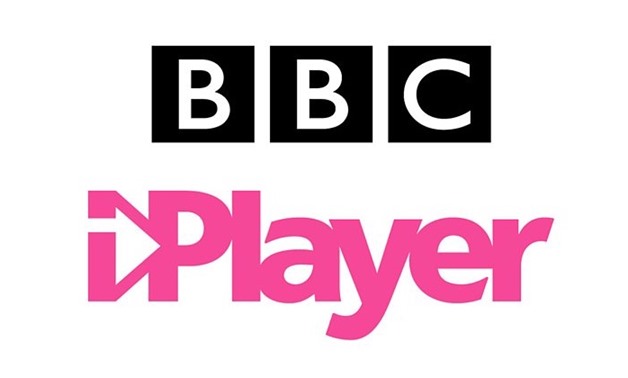
It may be time for media businesses to start turning to iPlayer as a success model of survival.
CAIRO – 29 MAY 2018: With BBC iPlayer recording an 11 percent increase from 2016’s total viewing requests—putting the requests at 3.3 billion—and viewers streaming an average of 272 million shows a month, the platform has become a great role model for Middle Eastern channels and platforms.
BBC iPlayer is an internet streaming service on a catch up platform available on mobile phones, tablets, laptops, computers and smart televisions from the BBC network. For those watching iPlayer from the UK, there are no commercial advertising, however viewers outside the UK do receive adverts.
“It's been an extraordinary year for BBC iPlayer,” Dan Taylor-Watt, head of BBC iPlayer told BBC. “Boxsets were extremely popular, audiences loved watching. And whether enjoying a new series, watching a currently airing program or indulging in a classic archive show, viewers seem to love it.”
To reach this success, BBC iPlayer has used an evidence-based approach to ensure that it hits all the core themes that viewers are interested in. Despite being known for its impartial and credible news coverage, research carried out by BBC found that the news audiences’ interests and needs are shifting from analysis and context only to much more. Currently, the audience expects news providers to satisfy their six needs. Dmitry Shishkin, BBC World Service Digital Editor, lists these needs as: “update me, give me perspective, educate me, keep me on trend, amuse me and inspire me.” To attract and keep up with younger audience, BBC needs to diversify its services from “update me” and “give me perspective,” to include the remaining four in a more balanced manner.
The Journey
Given the go-ahead from the BBC Trust on April 30, 2007, the server was launched on July 27, 2007 at midnight, with a limited number of people being allowed to sign up for the service. At the time, they used the less-developed Windows XP and Windows Server 2003 and only a limited number of people were allowed to use the service, but the number was gradually increased over the summer. The platform officially went live on December 25, 2007.
A beta-test version was then created alongside the original version on June 25, 2008, with the tagline “Catch up on the last 7 days of BBC TV & Radio.” The idea was that, with little exception, the shows would be available on iPlayer for viewers to watch for seven days. Later the slogan was changed to, “making the unmissable, unmissable.”
The service was then changed in February 2011 to include programs from different broadcasters with the aim of increasing viewership and delivering what people want. Using the search function, users could find the program they would like to watch via the BBC iPlayer platform and they would then be redirected to the relevant broadcaster’s catch-up service. Broadcasters included in this move were: ITV, ITV2, ITV3, ITV4, Channel 4, E4, More4, Film4, Channel 5, 5*, 5USA and S4C.
As of April 2014, BBC iPlayer re-launched with some changes and a new look. Later the same year, iPlayer extended the availability period to 30 days; however, legal reasons have left most news bulletin available for only 24 hours after broadcast.
By 2015, BBC upgraded to open HTML5 standards via web browsers from Flash and Media Player apps. This move came in line with an editorial decision to play audio and video content on the platform.
The BBC iPlayer aims to reach 500 million BBC users by 2022. “In 2018, we’ll be looking to build on these successes and continue to make BBC iPlayer a must-visit destination in its own right,” said the head of BBC iPlayer.
Competing with Amazon and Netflix
BBC iPlayer has continued to work on staying up-to-date with its competitors and ensuring that the platform remains trendy and relevant to viewers through applying a digital first approach. This entails the platform making entire series available online after the first episode is aired on live television.
As a result of this digital-first approach and making shows and films available in a strategic and timely manner, BBC iPlayer capped off 2017 with the best-recorded month during its history. Box sets and classic movies and shows made available over the holiday period led December to record 327 million viewing requests, a 17 percent increase from the same period in 2016. December also saw a three percent, 19 percent and 34 percent year-on-year increase in requests from computers, mobile phones and connected television devices, respectively.
Suggesting that the move towards more digitalized media made BBC more popular and attracted more viewers to BBC iPlayer, Dan McGolpin, controller of programming and daytime for the BBC, said, “Viewers are using BBC iPlayer more and more, and in 2017 we made that experience better than ever…Over the festive period we provided unexpected treats, bringing back some well-loved boxsets for people to watch in their own time.”

Comments
Leave a Comment